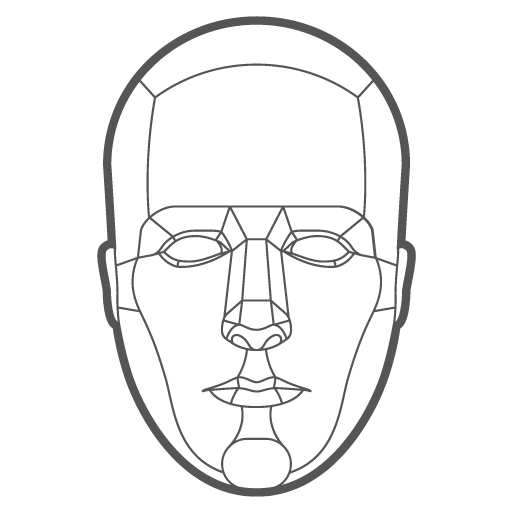This post is part of a series of posts on Reality and Mormon theology.
"For some people, miracles serve as evidence of God’s existence. For Einstein it was the absence of miracles that reflected divine providence. The fact that the world was comprehensible, that it followed laws, was worthy of awe."
—Walter Isaacson from Einstein: His Life and Universe
I like this quote about Einstein's convictions even though I believe that he makes the mistake of misidentifying the divine. I define miracles as those surprises that violate the law of cause and effect. A belief in supernatural miracles is incompatible with a belief in a mechanical universe. It is only compatible with a belief in a magical universe.
According to Brigham Young:
“There is no miracle to any being in the heavens or on the earth, only to the ignorant. To a man who understands the philosophy of all the phenomena that transpire, there is no such thing as a miracle...A miracle is supposed to be a result without a cause, but there is no such thing. There is a cause for every result we see; and if we see a result without understanding the cause we call it a miracle. This is what we have been taught; but there is no miracle to those who understand.”
—Journal of Discourses 13: 33, 14:79
Note: Because of the imperfection of language, some might still use the term miracle even though they believe in a mechanical universe.
